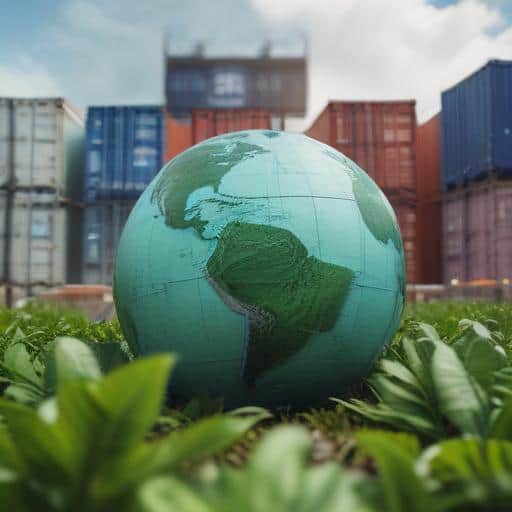Pacific leaders are facing unprecedented challenges as they navigate a complex and rapidly evolving geopolitical landscape alongside the urgent threat of climate change. Recent international developments, particularly those under the Trump administration, such as the withdrawal from the Paris Climate Treaty and the imposition of tariffs affecting Pacific nations, have heightened the need for a strategic response from Pacific governments.
During a significant week, Tonga, recognized as the sixth most vulnerable nation to climate impacts, is hosting the 53rd meeting of Blue Pacific leaders. Prime Minister Hu’akavemeiliku Siaosi Sovaleni is leading discussions aimed at shaping regional priorities while considering diverse perspectives from fellow leaders. This gathering comes at a time when Tonga has experienced significant adversity, including the 2021 volcanic eruption and multiple cyclones, resulting in a public debt exceeding 40% of its GDP.
With global temperatures potentially crossing the critical 1.5 degrees Celsius threshold, this meeting holds immense significance. Each increment beyond this benchmark complicates economic adaptation efforts and could necessitate reevaluation of existing infrastructure projects. Pacific leaders recognize that failing to fulfill commitments under international climate agreements poses an existential threat to their nations, emphasizing that such failures can be interpreted as acts of aggression against Pacific island communities.
The agenda includes a range of critical topics: advocating for the associate membership of Guam and American Samoa in the Forum, addressing the urgent need for decolonization processes in New Caledonia, and operationalizing the Pacific Resilience Facility to enhance the region’s climate response capacity. This facility aims to establish a Pacific-led financing mechanism, promoting regional sovereignty and reducing reliance on traditional aid.
In light of increasing geopolitical tensions, Pacific leaders stress the importance of solidarity and strategic, business-oriented diplomacy to secure their interests in international forums. They are calling for substantial increases in climate financing, seeking commitments between $1.5 to $2 billion annually, to tackle urgent adaptation needs and foster resilience against climate crises.
As they look forward to upcoming discussions in international forums like the United Nations General Assembly, there is hope that strengthened collaboration and innovative approaches will empower Pacific nations to navigate these challenging waters. Regional leaders aim to leverage their unique experiences and insights to become significant actors in global conversations, fostering a united front that prioritizes the urgency of the climate crisis and the sustainable development of their communities.
The resilience displayed by the region amidst adversity serves as a hopeful reminder of their capacity to overcome challenges through unity, innovation, and strategic foresight, paving the way for a more secure and sustainable future for the Blue Pacific.

Leave a comment